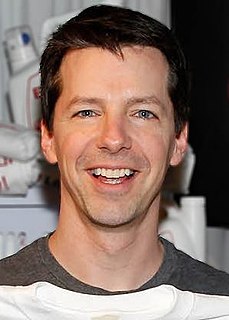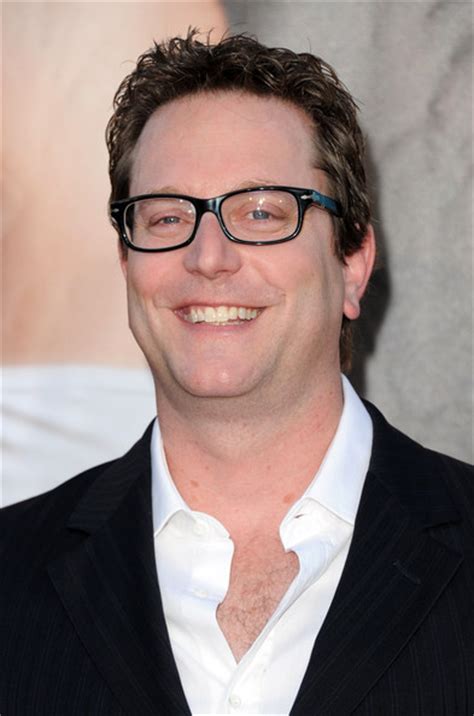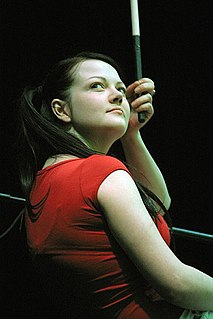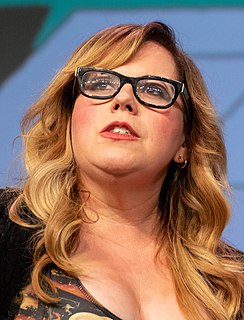A Quote by Jim Woodring
The fiction I tend to like is nothing like my own work. I like the kind of writing that shows me things I don't know about, and what I don't know about is the everyday, normal world.
Related Quotes
If you want your children to relate to the culture you live in, if you want to train them outside of the general system, you have to tell your children that ordinary children tend to say things like 'I can run faster than you; I can draw better than you; I know things you don't know'. You have to tell them what normal children are like. Normal children are messed up and you have to tell them about that. But if you instruct your child in high correlation with the physical world, they won't be able to relate with normal children. Normal means mixed up as I use the word.
I love science fiction but I don't like fantastic [cinema]. For example, if you have a magical ring and you can explode the world with it. What are we talking about? You know, it's not interesting. I don't like Lord of the Rings. Even Star Wars, for me, I don't understand this kind of story. But Alien, because the rules of the game are very precise, it could happen. I love science fiction. I have an idea about robots in the future.
Like most authors, I'm a raging egomaniac. I know that about myself. And I know that, if I had internet access, I would waste countless hours looking up things about myself, writing fake posts about how great I am and arguing with people who don't like my work. It saves me a lot of time and frustration to just stay out of the loop.
The Lampoon was definitely quite formative. You know there's a crazy like kind of network of comedy writers from The Lampoon that are, that kind of you know like Seinfeld and The Simpsons and a lot of shows kind of had a lot of kind of Lampoon writers and so that was very formative. I mean, to me I got interested in comedy writing at an early like reading like Dave Barry.
I definitely write about things that are universal, that everyone can identify with. You're supposed to write about things you're passionate about and I guess I am a foodie. I do love food and it's kind of like I'm an eccentric observationalist guy. To make it kind of universal, I try a lot of different things. When I first started writing this, I was like, 'No food.' Then, you know, it just always goes there.
Sometimes you look at me and it's like all the bullshit gets stripped off and I'm left with what's underneath and I kind of like what I see. Someone who actually fails. Someone who has absolutely no self-control. Someone who says real dickhead things like 'this is complicated.' I like that part of me, you know. I like the fact that I know I can't control you or how I feel about you and that doesn't freak me out.
I know exactly what that movie's [Brokeback mountain] about. I can't define it; it doesn't tie up in a perfect bow. But it's about adolescence. It's about what it feels like - this isn't meant as a criticism, but like things I didn't relate to, which were high school movies. Where I'd watch it and I'd be like, "Well, am I like the kid that nobody likes? Or am I like the person who everybody [likes]?" I couldn't [tell]. I was like quantifying, putting me in a box. "This is my personality at that age" and "I'm this kind of person" just felt like bullshit to me.
I like working with directors because I'm really opinionated about what things work and may not work, what audiences like and may not like, (not really) but I do have opinions about things. I like to be able to say them and then have them acted on. The director who responds to me like that, always gets my appreciation. I do appreciate it. What I find is the best directors, no matter what kind of name they have, are like that.








































